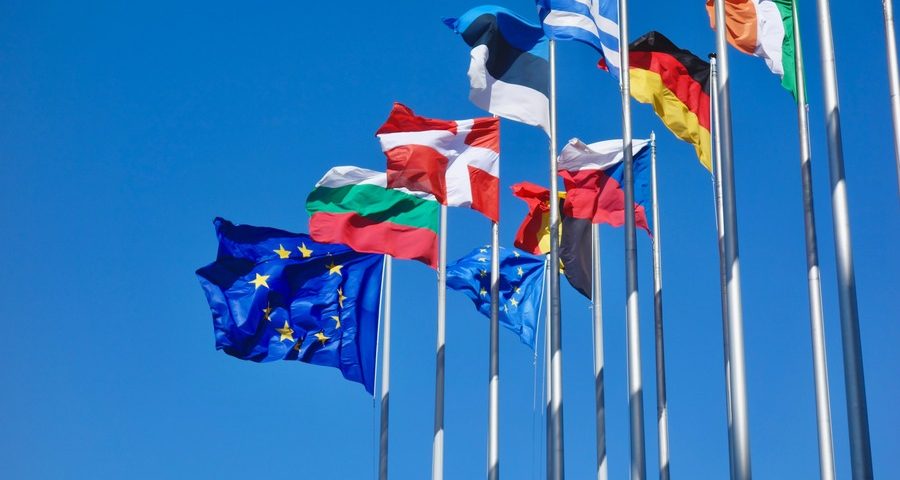
Ilja De Coster: Enhancing supporter retention – the science behind it
November 8, 2023
Lena Vizy: Understanding the motivations behind gifts in wills
December 13, 2023This month, our Brussels correspondent Patrick Gibbels shares how EFA has joined a consortium of civil society organisations from across Europe that is working to further strengthen an EU Directive on the cross-border activities of nonprofit associations.
EFA has been in support of a proposal to facilitate cross-border activities of nonprofit associations in the EU. Now that an EU Commission initiative has in fact been tabled, the European Parliament, as well as the EU Council, will have to study the proposal and introduce amendments as they see fit. This round of decision-making provides an opportunity for non-institutional organizations, such as EFA, to offer input to the decision-makers as to which amendments would be needed to either protect or further strengthen the civil society sector. As such, EFA has joined a consortium of civil society organizations that align on specific matters, in order to strengthen the voice of its members in Brussels.
In the last edition of Fundraising Europe, I wrote that the European Commission adopted a proposal for a Directive on European cross-border associations, which aims to facilitate intra-EU cross border activities for NPOs, by removing some of the legislative and administrative burden. The Commission’s proposal introduces an additional legal form of a European cross-border association (ECBA) in Member States’ national legal systems, “which is specifically designed for cross-border purposes and will reduce legal and administrative burden when it comes to the recognition and establishment of nonprofit associations engaging in activities in another Member State”.
Points to address
Whilst the consortium supports the creation of an ECBA, it needs to be addressed that the ECBA proposal does not effectively cover foundations and does not provide for the creation of a European cross-border foundation. Therefore, in the future, a specific legislative initiative, similar to the ECBA, should also be proposed for foundations. The consortium also argues that guarantees against arbitrary restrictions based on ‘public interest’ should be strengthened.
Another problem has been identified in that the Directive seems to be exclusive towards non-Europeans. The consortium argues that for the ECBA Directive proposal to be effective, it must ensure that non-EU based people or associations (and other non-profit legal entities) can be members of an ECBA and hold leadership positions. The same exclusivity also seems to make it prohibitive for associations that include non-EU members to be converted to an ECBA.
Lastly, while taxation is not covered by the Directive proposal, the consortium expects that at the national tax law level, Member States could consider that foreign-based ECBAs will be considered comparable to local/resident ECBAs and hence donors giving to an ECBA registered abroad would receive the same tax incentive as if they were giving to a local ECBA.
EFA will continue to monitor the proposal as it makes its way through the stages of EU decision-making.

Patrick Gibbels, Gibbels Public Affairs
About Patrick Gibbels
Patrick is EFA’s public affairs columnist in Brussels.
He is the director of Gibbels Public Affairs.
Follow Patrick @GPA_Brussels.
Read more from Patrick in our View from Brussels column here.
Picture by Antoine Schibler on Unsplash




